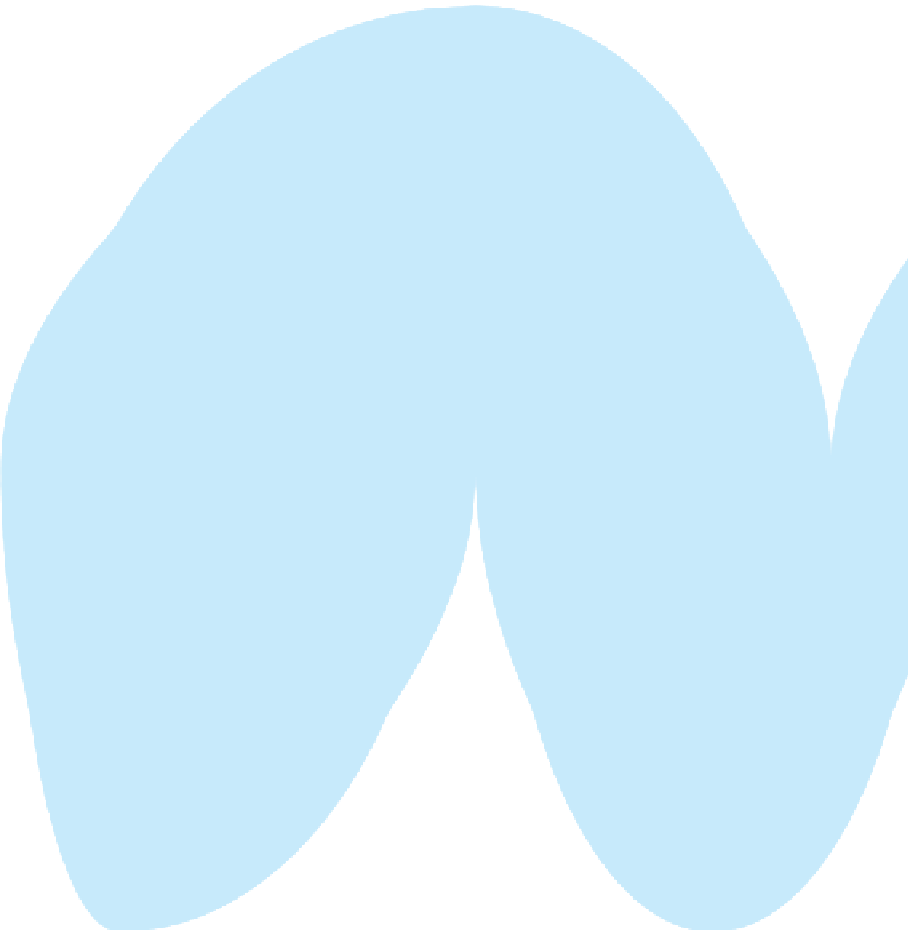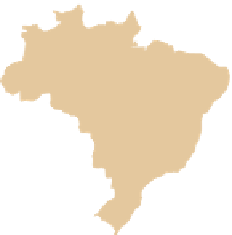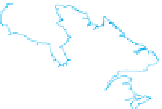Geography Reference
In-Depth Information
GREENLAND
U.S.
(Alaska)
60
°
CANADA
40
°
40
°
UNITED STATES
OF AMERICA
ATLANTIC
BERMUDA
OCEAN
BAHAMAS
CUBA
MEXICO
Tropic of Cancer
DOMINICAN
REPUBLIC
PUERTO
RICO
20
°
20
°
20
°
JAMAICA
BELIZE
U.S.
(Hawai'i)
HAITI
HONDURAS
NICARAGUA
GUATEMALA
BARBADOS
TRINIDAD & TOBAGO
EL SALVADOR
PACIFIC
COSTA RICA
PANAMA
VENEZUELA
COLOMBIA
SURINAME
FRENCH GUIANA
GUYANA
Equator
0
°
ECUADOR
OCEAN
PERU
BRAZIL
BOLIVIA
20
°
20
°
20
°
20
PARAGUAY
Tropic of Capricorn
ARGENTINA
CHILE
URUGUAY
40
°
40
°
40
°
40
°
STATES OF THE WORLD, 2012
160
°
140
°
120
°
80
°
60
°
40
°
60
°
60
°
60
°
60
°
SOUTHERN
OCEAN
0
1000
2000
3000 Kilometers
0
1000
2000 Miles
Figure 8.3
States of the World, 2011.
© H. J. de Blij, P. O. Muller, and John Wiley & Sons, Inc.
few people agree on exactly what it means. Some argue
that a nation is simply the people within a state's bor-
ders; in this case, all people who live in Germany. Yet this
approach gives little sense of how politically charged the
concept of nation really is.
In keeping with the way the term was originally
used, we defi ne
nation
as a group of people who think
of themselves as one based on a sense of shared culture
and history, and who seek some degree of political-
territorial autonomy. This idea encompasses different
kinds of culturally defi ned nations. Nations variously
see themselves as sharing a religion, a language, an eth-
nicity, or a history. How a nation is defi ned depends on
the people who see themselves as part of the nation. One
of the most widely read scholars on nationalism today,
Benedict Anderson, defi nes the nation as an “imagined
community”— it is imagined because one will never
meet all of the people in the nation, and it is a com-
munity because one nonetheless sees oneself as part of
that nation.
All nations are ultimately mixtures of different peo-
ples. The French are often considered to be the classic
example of a nation, but the most French-feeling person
in France today is the product of a melding together of a
wide variety of cultural groups over time, including Celts,
Ancient Romans, Franks, Goths, and many more. If the
majority of inhabitants of modern France belong to
the French nation, it is because, during the formation

